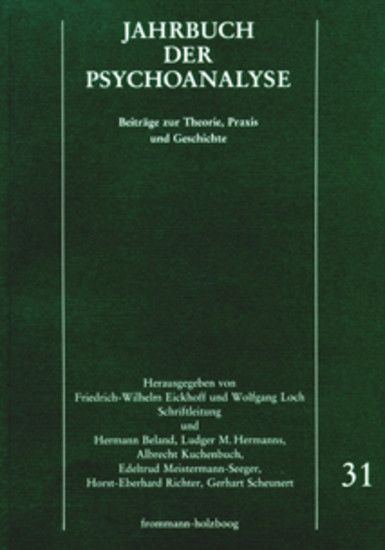

"A fine introduction to anyone interested in Hildegard's music and a solid foundation for further reading, performing, and research." - Yale Journal of Music & Religion "Honey Meconi wears her erudition lightly, but her intellectual gravity and her knowledge of Hildegard and her world, as well as the relevant scholarly literature, are second to none." - Fontes Artis Musicae will recommend it as a solid introduction to Hildegard as a composer to students, colleagues, friends, and early music enthusiasts alike." - Revue de musicologie " Hildegard of Bingen is an excellent addition to English-language literature on Hildegard. "The inspiring account offered in this book indeed sweeps the reader along into a skillfully told, fascinating life story." - Early Music "Meconi does an excellent job of showing that Hildegard's chants are linked to late medieval repertory but are also distinctive and idiosyncratic. Reviews"Meconi offers fresh insight into one of the most creative composers of her time." - WXXI Hanson Endowment of the American Musicological Society, funded in part by the National Endowment for the Humanities and the Andrew W. * Publication of this book is supported by the Margarita M. Together with her passionate religious texts, her music reveals a holistic understanding of the medieval world still relevant to today's readers.

Hildegard's distinctive musical style still excites modern listeners through wide-ranging, sinuous melodies set to her own evocative poetry. Combining historical detail with musical analysis, Meconi delves into Hildegard's mastery of plainchant, her innovative musical drama, and her voluminous writings. Honey Meconi draws on her own experience as a scholar and performer of Hildegard's music to explore the life and work of this foundational figure.

Yet we know her best as Western music's most accomplished early composer, responsible for a wealth of musical creations for her fellow monastics. About the BookA Renaissance woman long before the Renaissance, the visionary Hildegard of Bingen (1098–1179) corresponded with Europe's elite, founded and led a noted women's religious community, and wrote on topics ranging from theology to natural history.


 0 kommentar(er)
0 kommentar(er)
